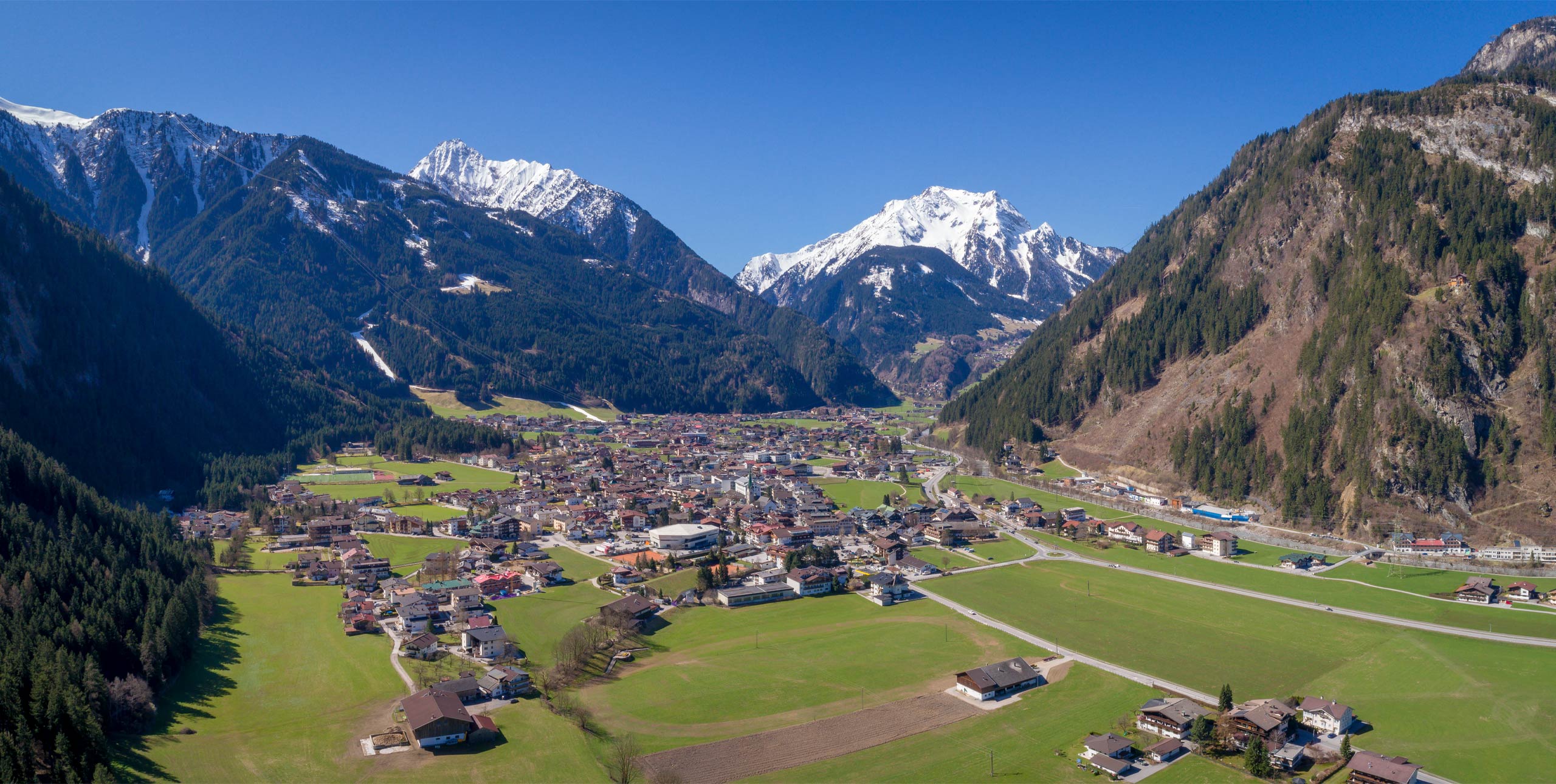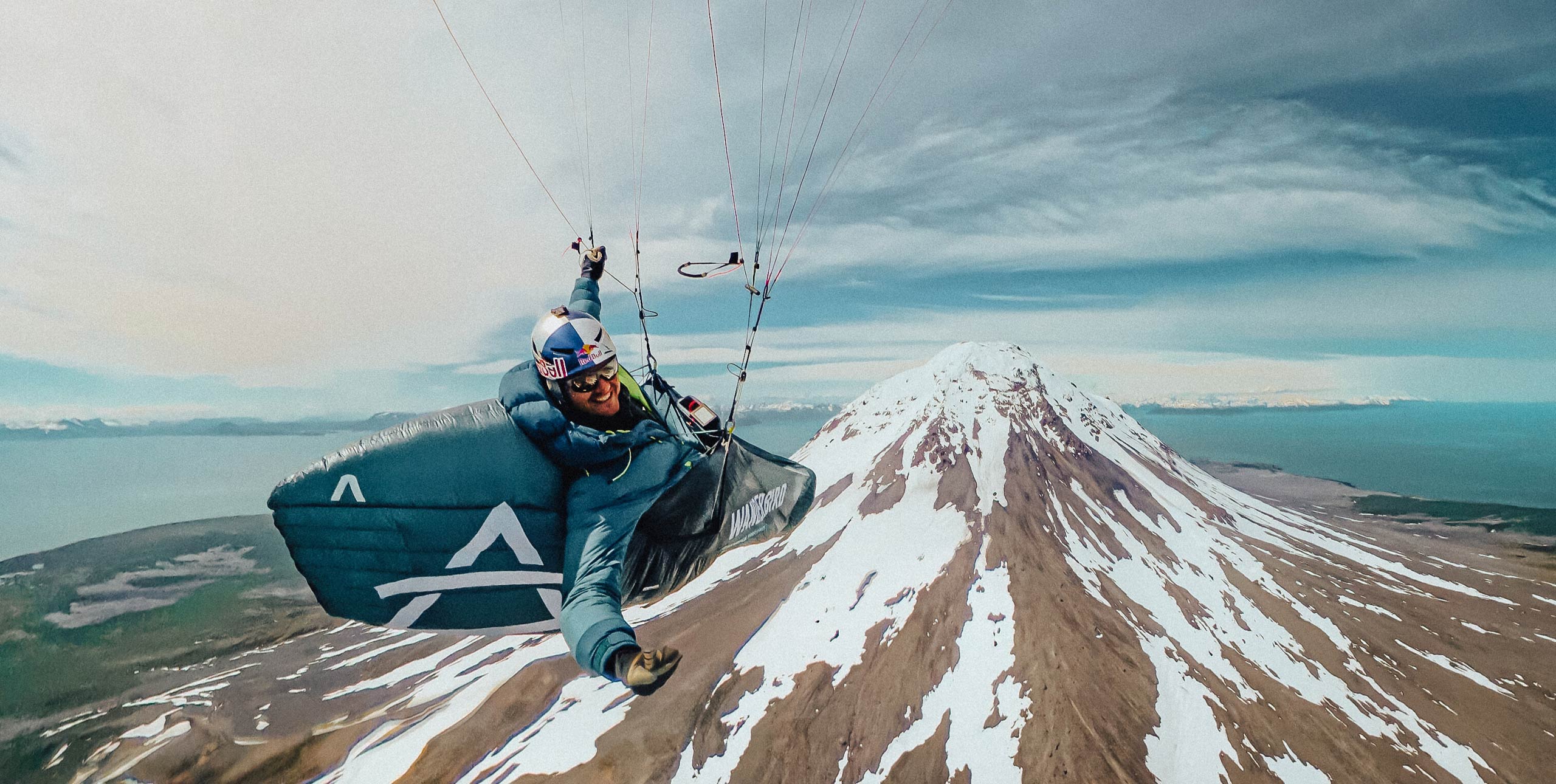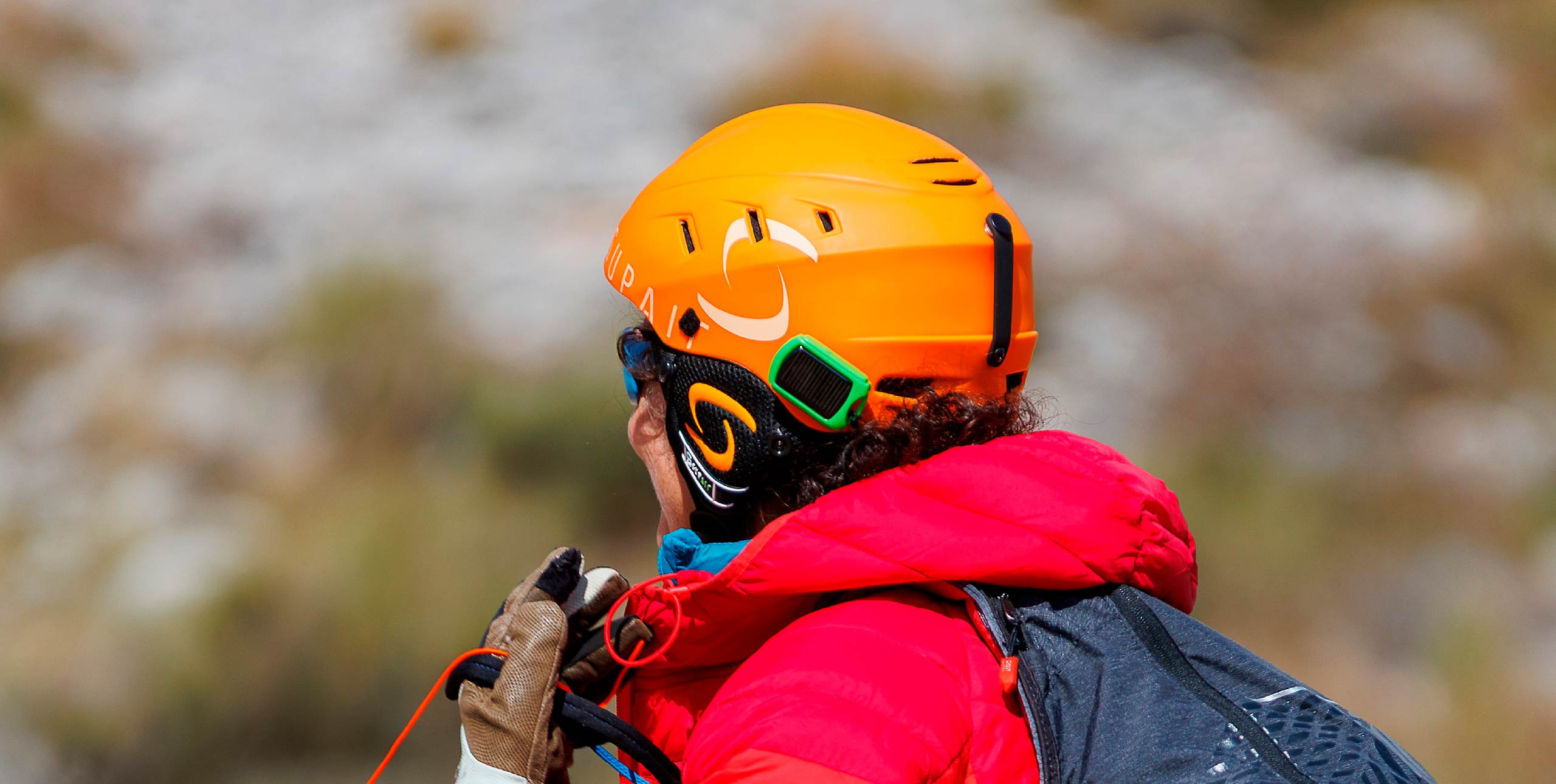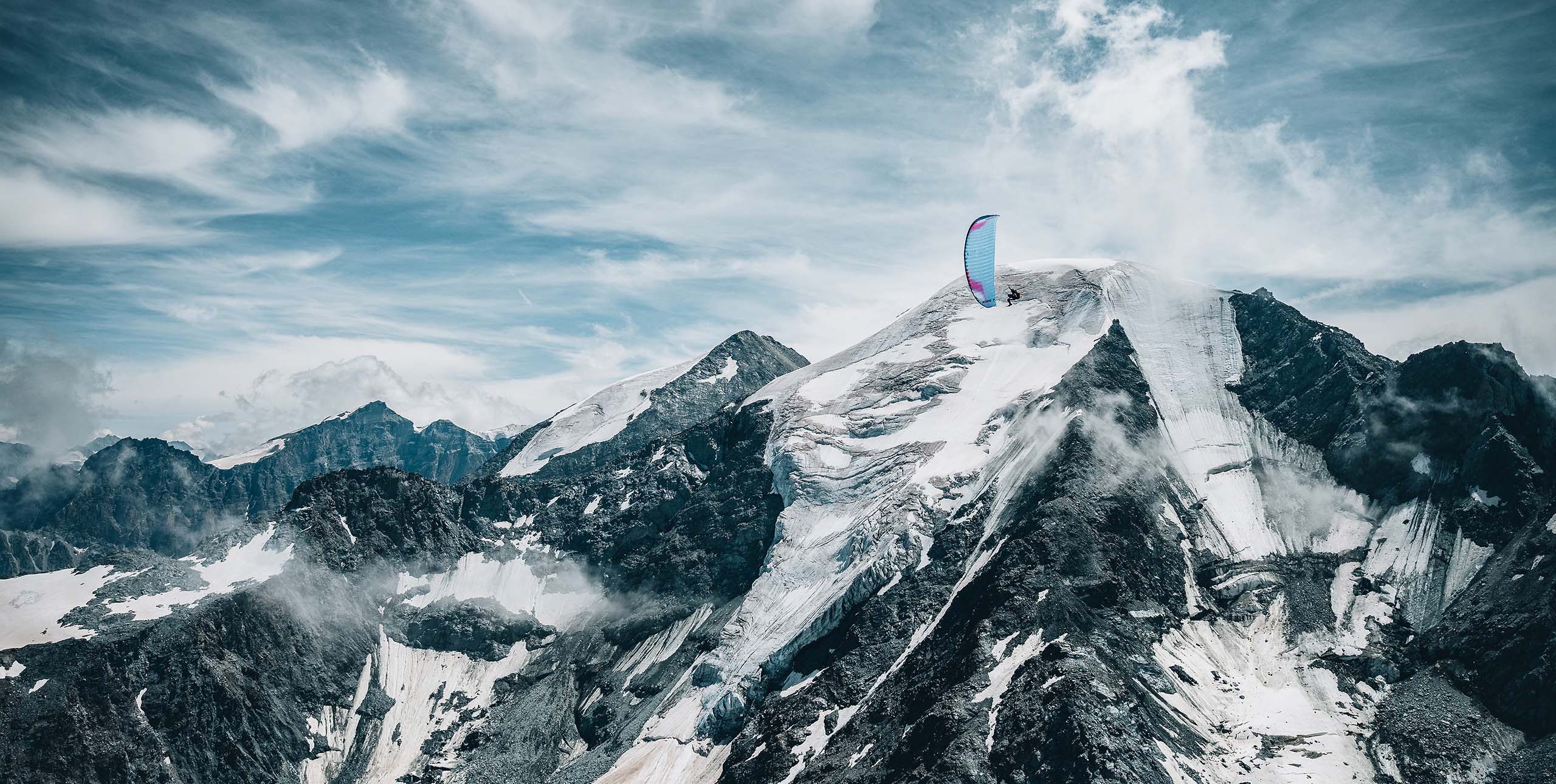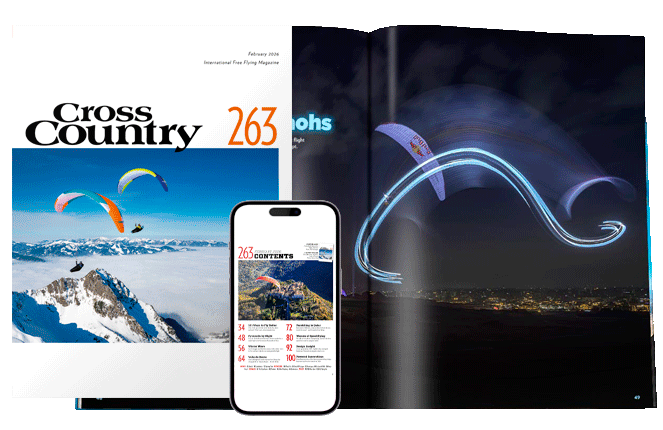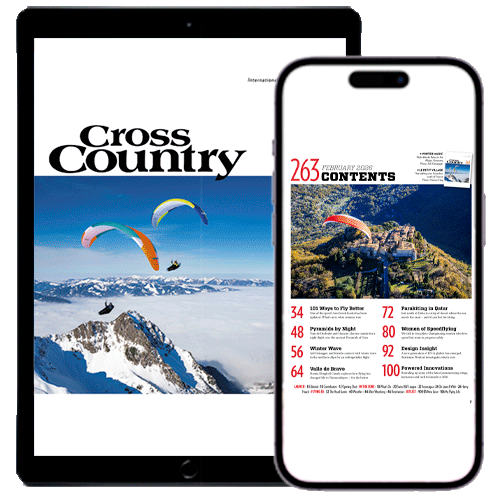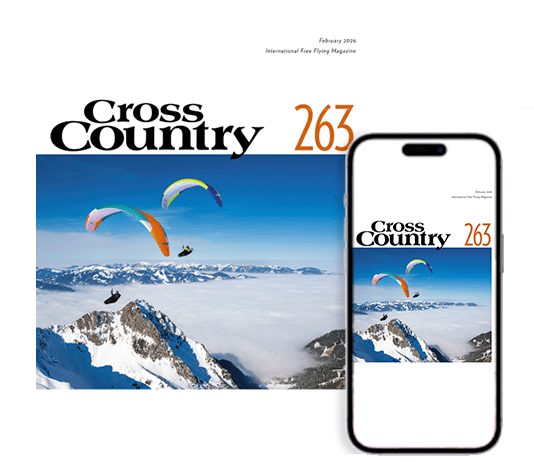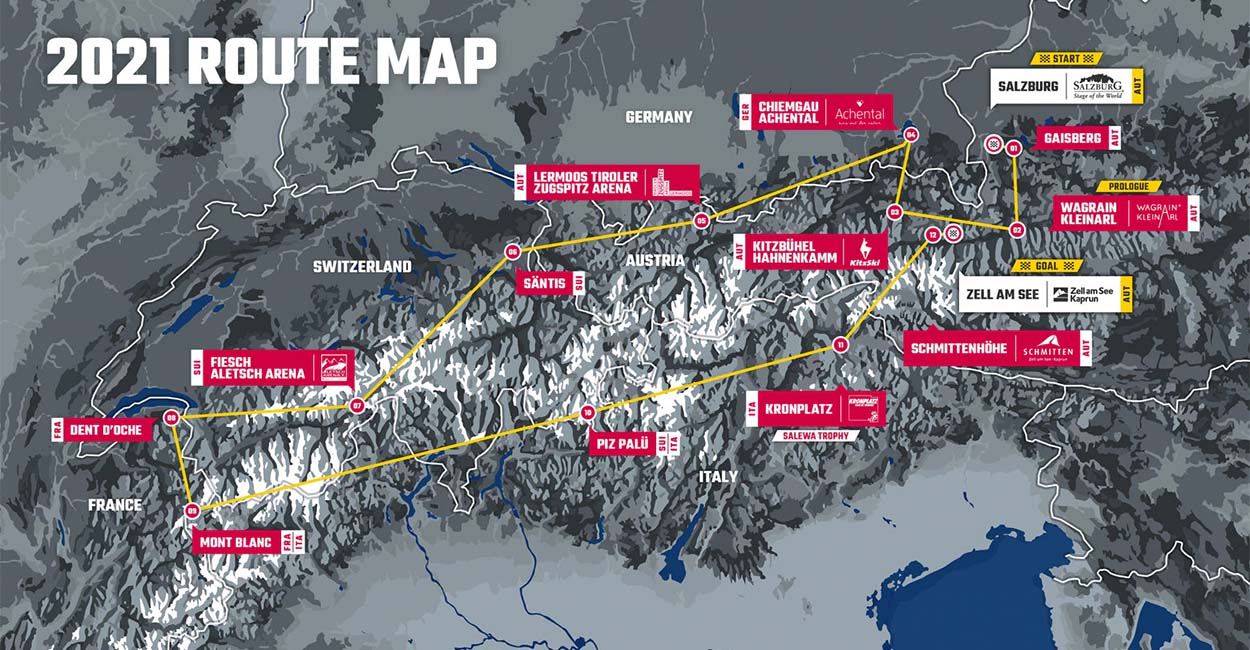
The Red Bull X-Alps 2021 route has been revealed – and it’s a massive out-and-return from Salzburg to Mont Blanc and back.
In a break from all previous editions, the tenth edition of the X-Alps has been revealed as a race across the Alps from Salzburg to Mt Blanc and back again to Austria via Germany, Switzerland, France and Italy.
The race will not finish in Monaco. Instead, athletes must land on the raft in the freshwater lake of Zell am See. If they can not fly to it they will have to swim – the clock will stop when athletes get to the raft.
Race organiser Ulrich Grill said the inspiration behind the new route was to do something different for the 10th edition and was not related to current covid regulations.
“It’s an extraordinary route,” he said. “It will be a true adventure and one that athletes and fans will talk about for years to come. It’s the next evolution in Red Bull X-Alps race history.”
At 1,238km, it’s also the longest route in the race’s history – 100km further than 2019.
Race director Christoph Weber said: “It’s a new chapter for the Red Bull X-Alps. The race committee wanted to make the tenth edition of the race one to remember so we decided to break away from the past and design a completely new route; one where athletes will be geographically closer together. This will add an interesting dynamic to the race.”
The route will see 33 athletes, including three women, race across Austria, Germany, Switzerland, France and Italy, before finishing back again in Austria via 12 turnpoints.
The race will start in the centre of Salzburg. Athletes will then run through the city and up the Gaisberg (1,288m) to Turnpoint 1. From the Gaisberg, athletes head to Wagrain/Kleinarl, a mountain holiday town 58km to the south. This is also the location for the one day Prologue.
For the first time the race will then head to the famous Alpine resort of Kitzbühel, Tyrol, home to the legendary Hahnenkamm downhill race.
From there, it’s a short 35km leg to north to Germany and Turnpoint 4, Chiemgau/Achental, a picturesque region amidst the northern Alps.
It’s then approximately 115km south west to Germany’s highest mountain, the Zugspitze, following a line that will be familiar to athletes who competed in 2017. Turnpoint 5 is on the Austrian side of the mountain, in the resort of Lermoos in the Tiroler Zugspitz Arena, the fourth time the resort has hosted a Turnpoint.
Turnpoint 6 is situated on the 2,502m summit of Säntis, which lies to the south of Lake Constance (Bodensee) in Switzerland. Athletes will then head for the high mountains of Switzerland and Turnpoint 7, the Fiesch/Aletsch Arena, home to Europe’s longest glacier.
Turnpoint 8 is the 2,221m high summit Dent d’Oche, above Lake Geneva and Turnpoint 9 is Mont Blanc, the eighth time the iconic mountain has featured in the race.
Both turnpoints will need to be passed in an anticlockwise direction. That means athletes can’t just tag Mt. Blanc and return the way they came – they need to cross from the French to the Italian side of the mountain.
From here route options open up. Turnpoint 10 is the Swiss peak of Piz Palü, 250km to the east. Athletes can either go north, rejoining the familiar Rhone valley or take a direct bearing passing to the north of lakes Maggiore and Como.
Athletes then pass the peak of Ortler, 3,905m, the highest mountain in the South Tyrol, as they make their way to Turnpoint 11, Kronplatz. Here athletes have to land and sign a board next to the famous Messner Mountain Museum.
For those who make it this far, the last leg should be a beautiful final flight across the main chain of the Alps to Turnpoint 12, Schmittenhöhe, which overlooks the resort of Zell am See and the finish line.
Whereas the clock officially stopped in Peille above Monaco, this time, the race does not actually end until athletes make the landing float, whether they get there by landing directly on top, or swimming there. It promises to add a spectacular end to the race.
No details were given about a backup plan in the case of covid-related restrictions in the Alps in June. Organiser Grill said they were monitoring the situation daily and at this stage all systems were go. He said they did not have a deadline date for cancelling the race or changing the route ahead of the start date on 20 June 2021.


